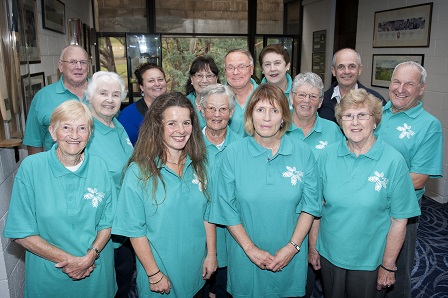Clarence Positive Ageing Advisory Committee (CPAAC)



Clarence City Council Positive Ageing Advisory Committee was established in October 2008. The aim of the Committee is to assist Council to implement Council’s Positive Ageing Plan. Council’s Positive Ageing Plan aims to respond strategically and actively to the identified challenges provided by an ageing population.The CPAAC is made up of 12 older residents from across the City and service providers are invited to participate depending on what projects are being implemented. CPAAC is chaired by an Alderman representative and has its own constitution. Membership is open to any resident in Clarence who has an interest in working on the actions of Council’s plan in partnership with others and volunteers are chosen by a simple criteria. Membership is refreshed or renewed every 2-4 years.The CPAAC form sub groups around priority projects and work to the 3 key themes of Council’s plan which are: Staying Connected; A Life Style with Choices; and Keeping Involved.Council has a deep respect for this committee as they have formed a very positive example of community governance in action.
Website: http://www.ccc.tas.gov.au/positiveageing
Main target group: Older people in general
Sector(s): Labor
Desired outcome for older people:
Contribute
Name: Andersson, Julie
Email address: jandersson@ccc.tas.gov.au
Preferred language(s): English